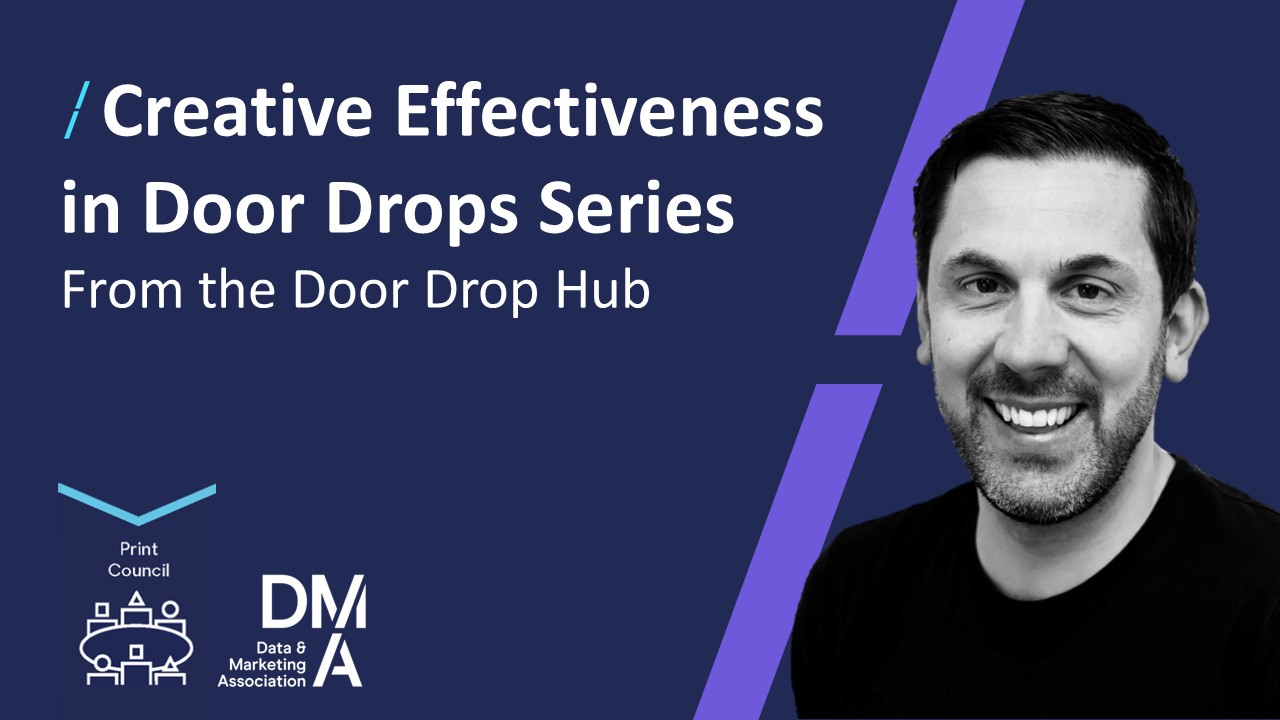New Yearâs Data Predictions for 2015
17 Dec 2014

As we usher in another year, how will the data marketing landscape change over the next 12 months? We ask Ben Warren, Business Development Manager at The Blueberry Wave, how data will change the way brands market their products to consumers in 2015.
1. Continued growth and investment in big data
Big brands can no longer rely on luck and hope their product becomes successful; there are too many variables and factors that contribute to success and failure these days, and effective data management is at the forefront.
Understanding your customer and their buying behaviours is critical to any business and their survival strategy; it’s all about how a business can gain new customers in the most efficient manner, enticing them to spend more than they already do and then stopping them from going to a competitor.
Without any real understanding of ‘who’ your current customers are and their buying motivations; a business will not know how success can be replicated.
Big data has always existed in some shape or form, but in 2015 we’ll begin to see multiple departments – rather than just the marketing department – switching on to the power and significance of big data and its relevance in today’s world of commerce.
2. Data-based decisions will impact on every department
The management of data will become integral across all departments in 2015. No longer will it be up to the marketing teams to conjure up segmentation and insight.
Data will be used to make decisions right across the business, from risk assessment to territory plans, mergers and acquisition, data governance, HR, buying and even the evolution of social media departments – data touches every division within an organisation.
This is primarily down to the business’s desire to achieve true marketing integration across multi-channel platforms; from e-commerce to digital advertising, social media and in-store data collection portals; the list is endless but the requirement for seamless connectivity between divisions is invaluable.
Over the next year, our industry will get better at managing, processing and sharing our sources of data as our experience and interaction with it grows; however, we will only be as good as the technical systems that surround our organisations allow us to be.
3. Businesses will become more responsible with consumers’ privacy and security
Now that data is becoming more prevalent within a business, it naturally follows that businesses will need to become more responsible in ensuring that data is used in an appropriate and legal manner.
Its importance will increase the risks of mis-management and the potential impact on a business, so brands will need to understand that consumers’ privacy and security is paramount.
Trust is something that every brand strives to achieve, which can be heavily affected by any mis-management of data, so governance will need to be stepped up to control the use of data, but it needs to evolve and adapt to the changing market.
4. Social media will take on a more prominent role in multi-channel marketing
We can’t run away from it; social is here to stay. The millennial generation is connecting with it in such a powerful way; to express themselves, their views and opinions, network and keep up to date with current affairs, and this social explosion has had a profound effect on the way marketers communicate and measure their campaigns.
Marketing engagement needs to reflect the changing behaviours of an individual. Expectations have changed; people want personalised communications, to only be told about products and services that are relevant to them.
5. An end to ‘spray and pray’ marketing
The past trends in taking a ‘Spray and pray’ approach to buying and using data has resulted in SMEs believing that data is too expensive. This is essentially because they’ve purchased the maximum amount of data for the lowest possible cost in the hope it will generate sales. In reality, of course, this never really happens.
Hearing a director say; “We did a campaign once, it cost thousands of pounds and it generated absolutely no business, so we won’t be doing that again!” is hugely frustrating, because without understanding how to target their customers, businesses will never understand the value of data.
Data providers, agencies and marketing professionals have a responsibility to educate businesses, and advise them that a more considered approach is far more effective than the aforementioned ‘mud on the wall’ tactic.
By drilling down and examining exactly who your customers are - how they behave, where they eat, sleep and go on holiday – companies can achieve a significant insight which means that the data they purchase can be honed and targeted to specific audience, and purchased in a relevant way that is likely to have a greater impact.
6. Personalisation will drive more sales
Getting to the consumer at the very point they have indicated an interest in a product or service, before anyone else or before they have considered alternative providers, can only increase a brand’s chances of winning them as a customer.
However, we need to be careful about how we apply this intuitive marketing approach - we don’t want to nip at the heels of the ‘Big Brother’ always watching approach; instead, marketers must stand back and use well-planned and considered customer journeys to optimise real-time targeting, instead of hindering it.
For more information contact The Blueberry Wave today
- See more at: http://www.blueberrywave.com/blog/2014/12/our-new-year8217s-data-predictions-for-2015





Please login to comment.
Comments